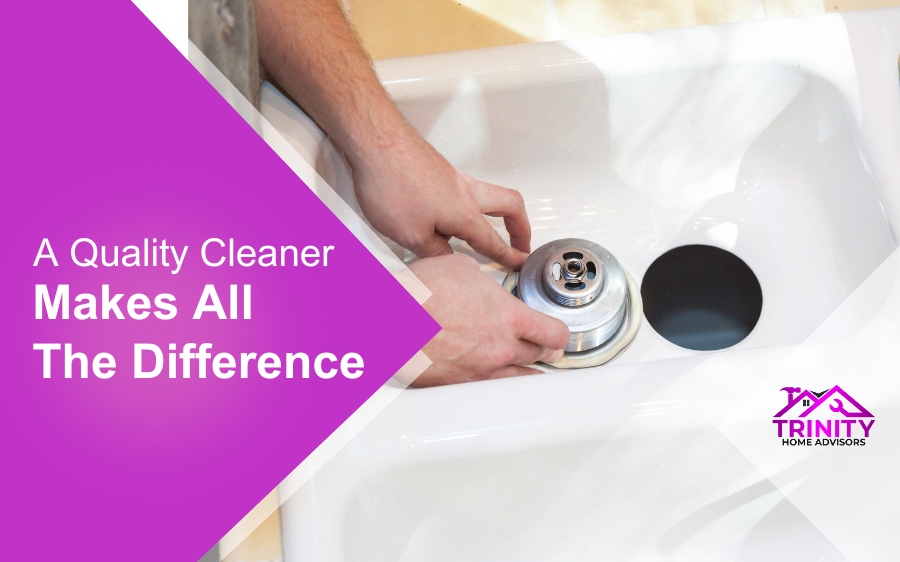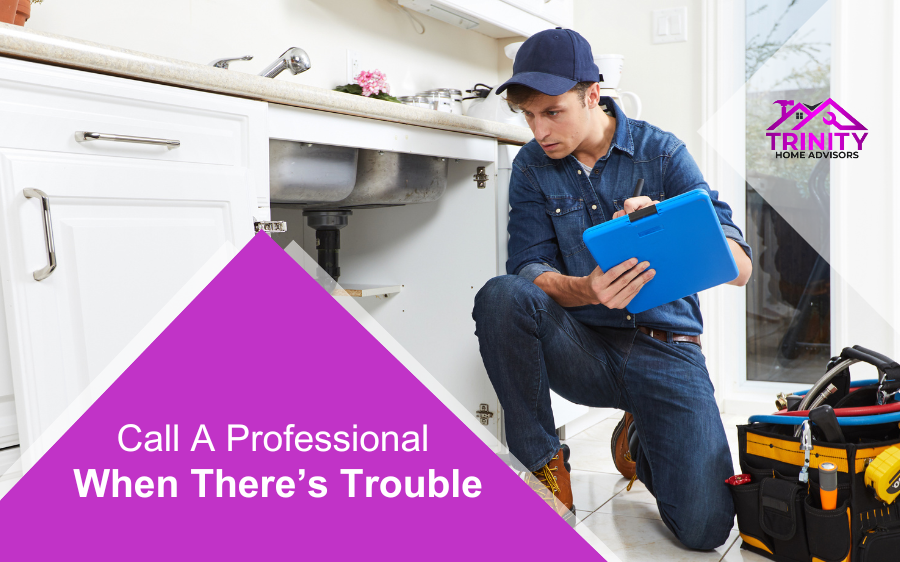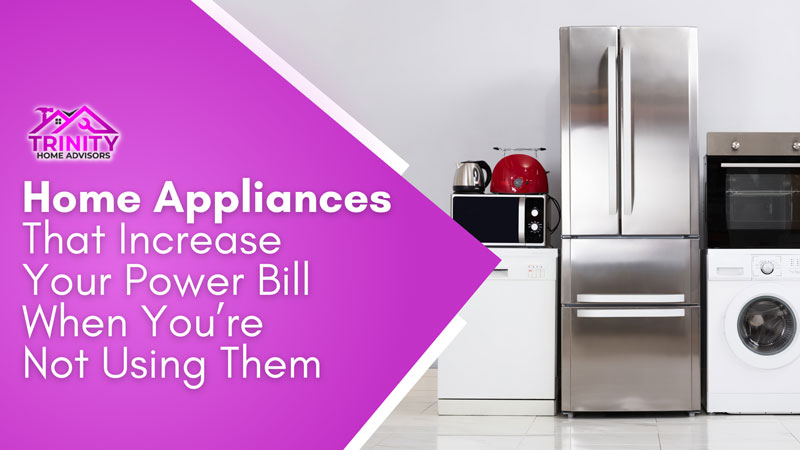How to Set Your Thermostat for Maximum Comfort in Winter
When the cold months start to creep in, it’s important to make sure your thermostat is set correctly for maximum comfort. Knowing the ideal temperature for your home can help you stay warm and save money. Here we’ll explain how to adjust your thermostat and prepare your home for wintertime!
Benefits of Properly Setting Your Thermostat
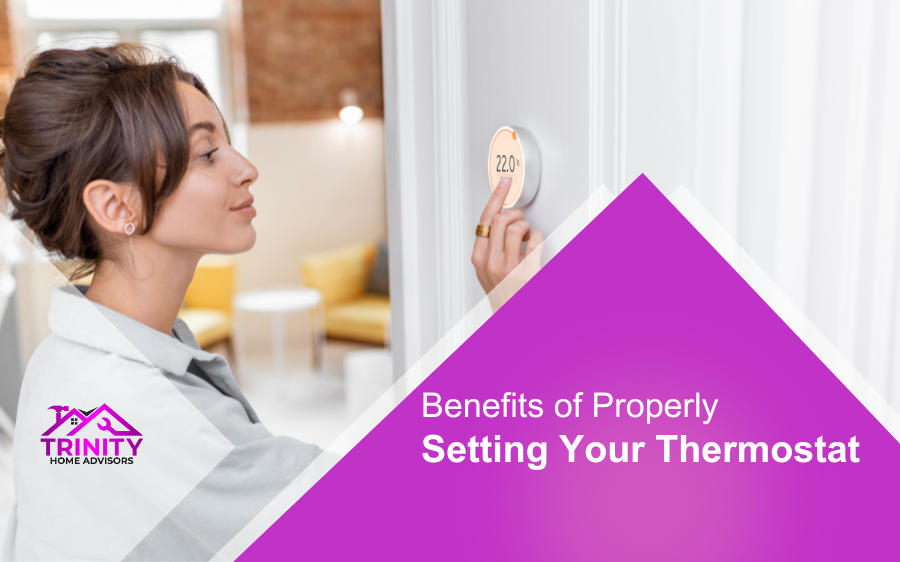
The first step in preparing your thermostat for winter is understanding the benefits of a correctly-set thermostat. There are a few key advantages that come with making sure you have the right temperature:
- Consistent temperatures – Keeping the temperature consistent throughout your whole house will help ensure everyone stays comfortable all day long!
- Energy savings – A properly adjusted thermostat helps you save energy, which can lead to lower bills each month.
- More control over an indoor environment – If you know exactly what temperature your house should be, then you’ll have more control over the climate of every room in your home. You can also set different temperatures for various times of day or days of the week if needed.
What Temperature Should You Set Your Thermostat To?
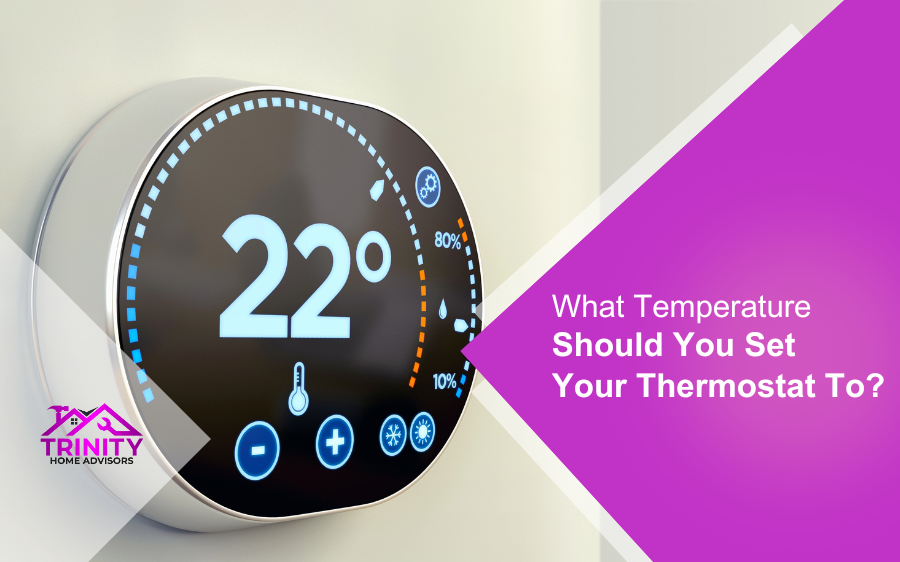
Now that you understand why setting your thermostat correctly is important, let’s look at what temperature it should be set at during winter months. The ideal home temperature during this season is 68°F (20°C). This may feel too hot or cold to some people, but it is an optimal balance between comfort and energy efficiency. That being said, everyone has their own preference when it comes to warmth – so if those numbers don’t suit you, then feel free to make adjustments within reasonable limits (between 62°F and 74°F).
Winterize Your Home For Added Comfort And Savings

t’s always a good idea to check around your house for any drafts that could be letting in cold air before turning up your thermostat. Do some spot checks by placing one hand near window/door frames and feeling for cooler air coming inside – then seal off any gaps with caulk or insulation foam if necessary. It may also be helpful to seal off unused rooms (such as storage spaces) or close vents in rooms that aren’t used much so they don’t cause imbalances in the rest of the house. Doing these things not only helps keep chilly air out, but it will also increase efficiency by preventing heated air from escaping through these areas as well!
Tips For Sticking To Your Thermostat Settings
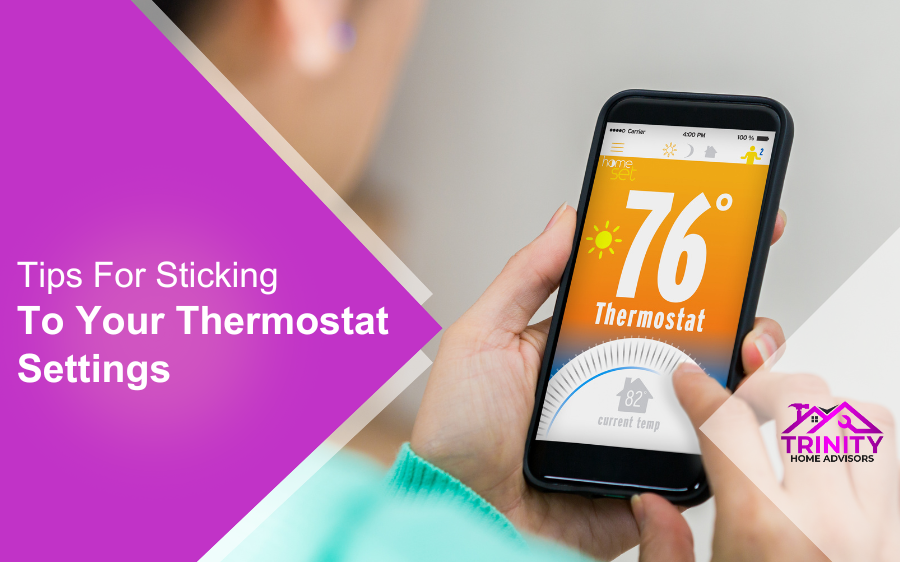
Now that you’ve got everything set up correctly, here are some tips on how to stay consistent with keeping it there:
- Put reminders on calendars/reminder apps so that everyone knows when they need to turn down/up the temperature accordingly each day/week
- Put sticky notes near computers or TVs reminding family members not to adjust their personal heating units without consulting others first
- Install a smart thermostat – it’s easier to automate settings and track energy usage
- Tell guests ahead of time about specific rules regarding adjusting temperatures without permission so no one accidentally changes something without knowing better!
Once all these steps have been taken care of, sit back and enjoy a nice warm winter without having to worry about freezing or wasting energy unnecessarily! Hopefully, this guide has shown you how easy it is to create an ideal environment using just a few simple techniques – all while saving money on electricity bills too!





